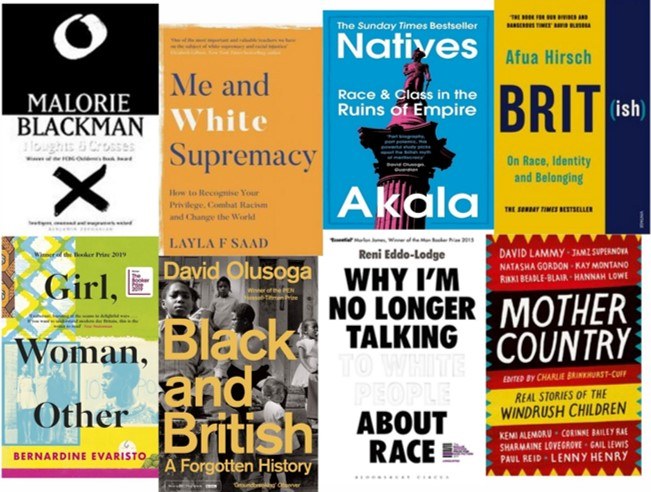Black history month is an opportunity to celebrate black history and the cultural heritages of our community. The history of black people in Britain dates from at least 200AD but shamefully has been largely absent from past curricula in British schools which means that in 2022 we have a generation of teachers and parents educated in Britain who did not themselves experience the diverse curriculum appropriate for our increasingly diverse society, either in Bristol or Britain as a whole. As David Olusoga has remarked, black history has been “A series of missing chapters from British history.” Olusoga’s excellent scholarship has begun to address this (and I thoroughly recommend his work for children entitled Black and British, published in 2020), however it remains an area for which we need to continue to write new chapters.
At BGS, our pupil body currently comprises 34 different nationalities with at least 31 languages spoken at home. These range from Albanian to Urdu, Vietnamese and Yoruba, and we want to nurture, challenge and celebrate each and every one of our pupils; integral in this is celebrating cultural identities in our curriculum and beyond. Last month, we hosted Dr Gajendra Singh from Exeter University who discussed the Indian Independence Movement to a packed and rapt History society, while Year 9 pupil Sumedha has led a Politics society talk on the Indian Parliamentary system. This month we have been addressing black British history, with assemblies, displays and tutor-led activities featuring Afro-Romans, black Georgians, Victorians, British and Empire troops in WW1, the Windrush generation, and the Bristol Boycott among other topics. We have introduced and re-introduced pupils to John Blanke ‘the black trumpeter’ in the Tudor court, Ignatius Sancho, Dido Elizabeth Belle (featured in the 2013 film Belle), Mary Seacole and many more.
We have employed the tag line “At BGS, black history is not just taught in October. And black history is not just taught in history.” Celebrating black history annually in October is a chance to tell a positive narrative at a time when the metrics for educational inclusion in our city (attendance, attainment, and exclusions for starters) are significantly worse for minoritized groups.
Engendering a sense of belonging through representation in our curriculum and wider representation in Bristol’s schools is key in celebrating identities. Pupil surveys tell us that in Britain’s schools black pupils of African or Caribbean heritage report feeling that they don’t belong, and that our education system is not their education system. At BGS, where around one in five of our pupils comes from a minoritized group, we take seriously our responsibility to address this. We are now undertaking an annual anonymous survey from pupils and staff; have refined our mechanisms for addressing racism and microaggressions; and after working with SARI (Stand against Racism and Inequality) from 2019 we have revamped our Wellbeing lessons, but there will always be more to do here.
Earlier this month I was privileged to speak to educational leaders from around the country at the African Caribbean Education Network’s Anti-Racism Conference. I reflected on the progress that we have made at BGS since I joined as Deputy Head and began leading on diversity, equality and inclusion. Along with the measures above, we have diversified our curriculum content, resources and delivery, delivered training to raise staff racial literacy and awareness of bias for recruiting managers, as well as reviewing our pastoral and behavioural processes to address inequalities and perceived inequalities. Next, we have set ambitious and specific targets for pupil admissions and staff recruitment so that our already diverse community more closely represents the diversity of Bristol. We will be working even more closely with our pupils and parents in the coming months to amplify minority groups voices in our community, and to share, embed and refine our plans further. There has been good progress so far as we work towards a more equal future, but it is still not enough. There are more chapters yet to be written.
Rebecca Davies

